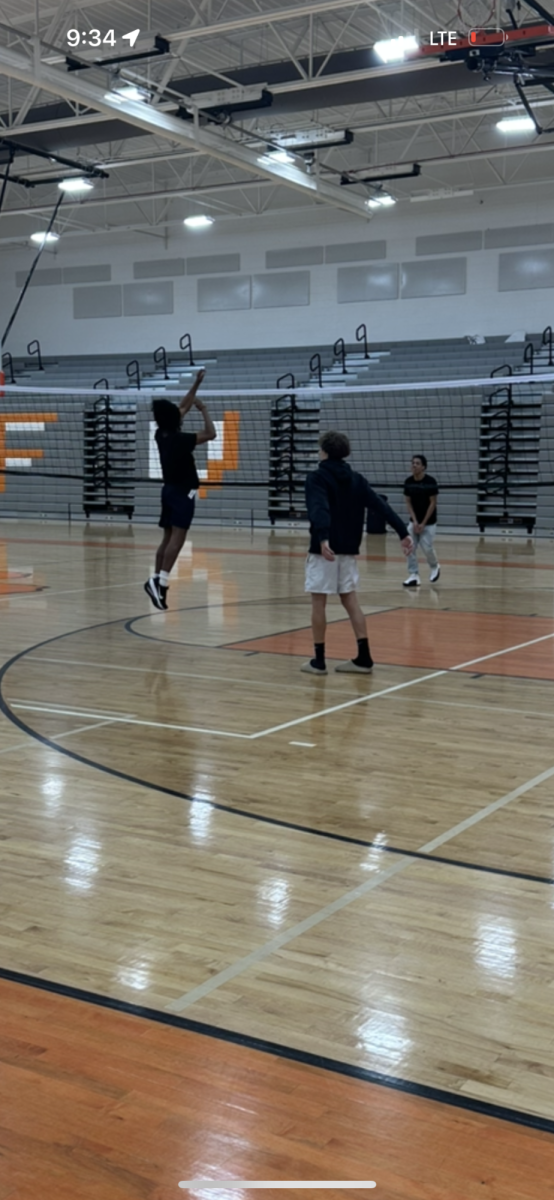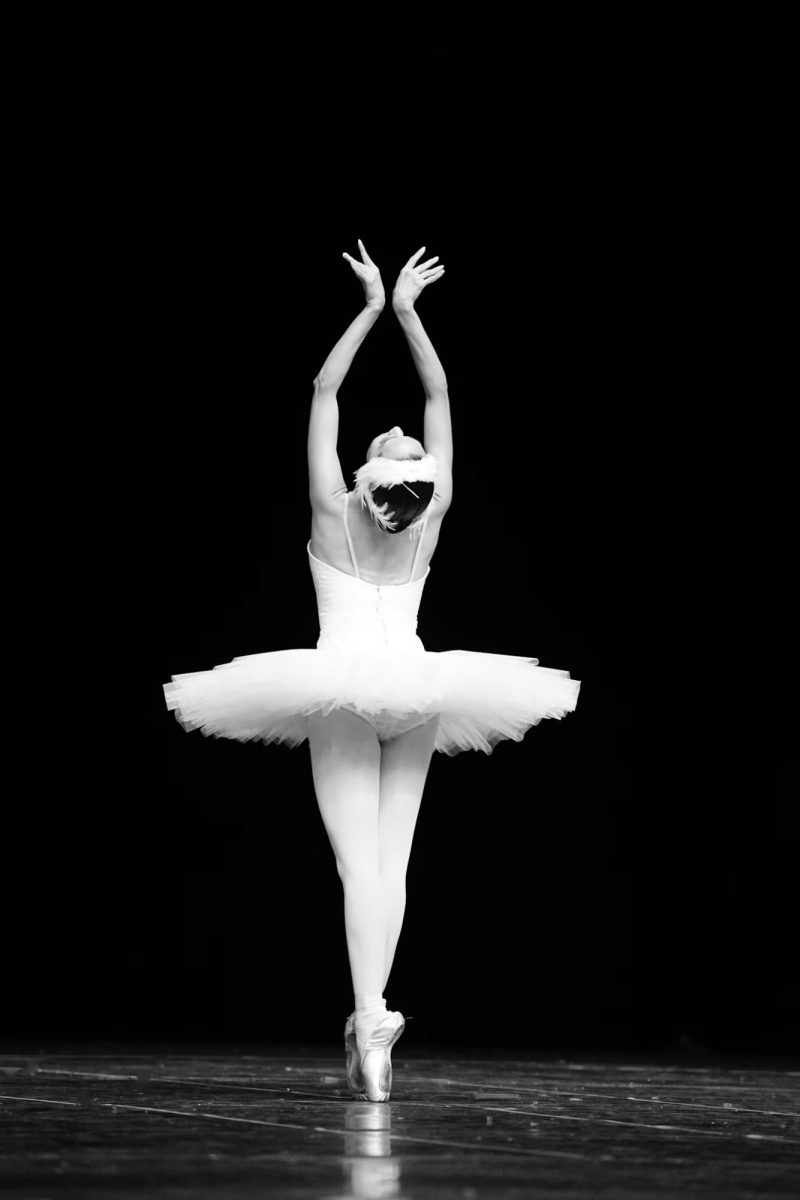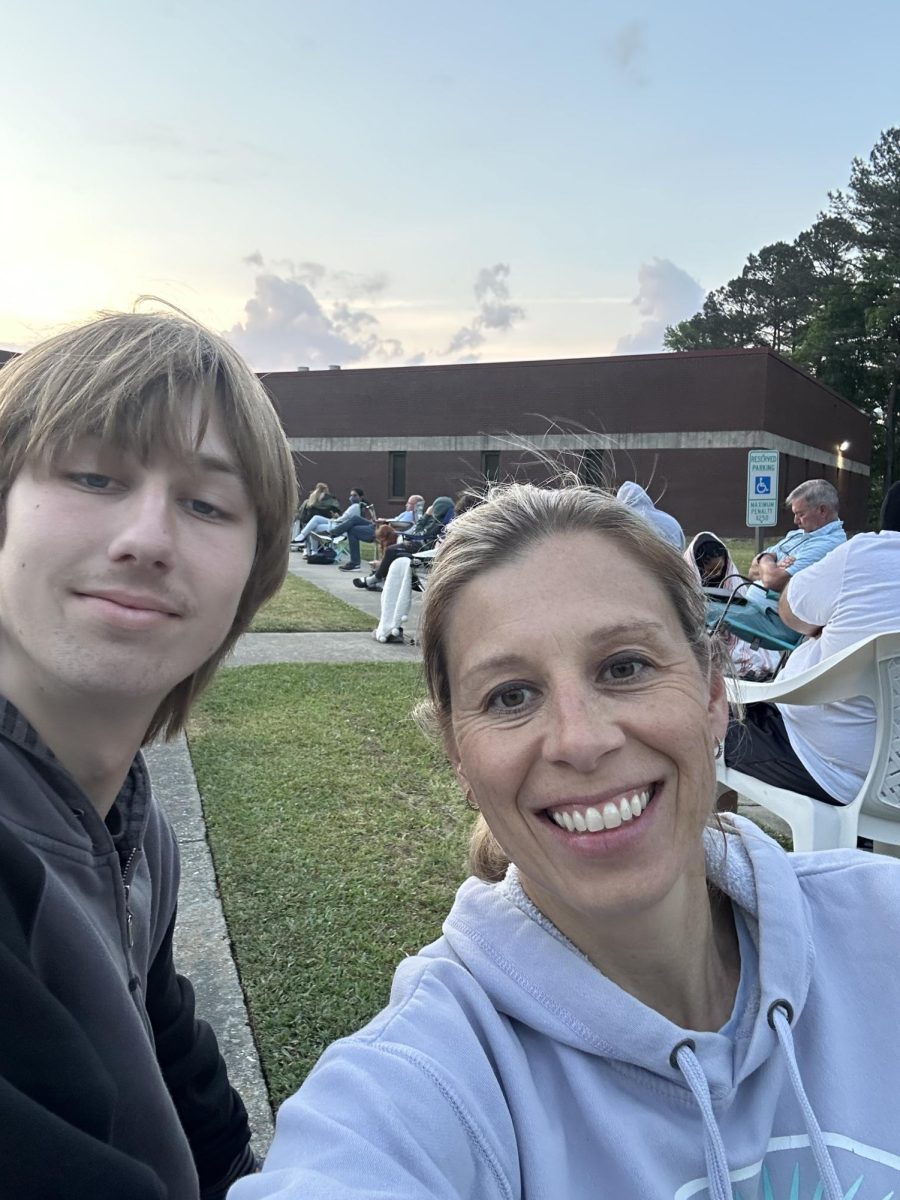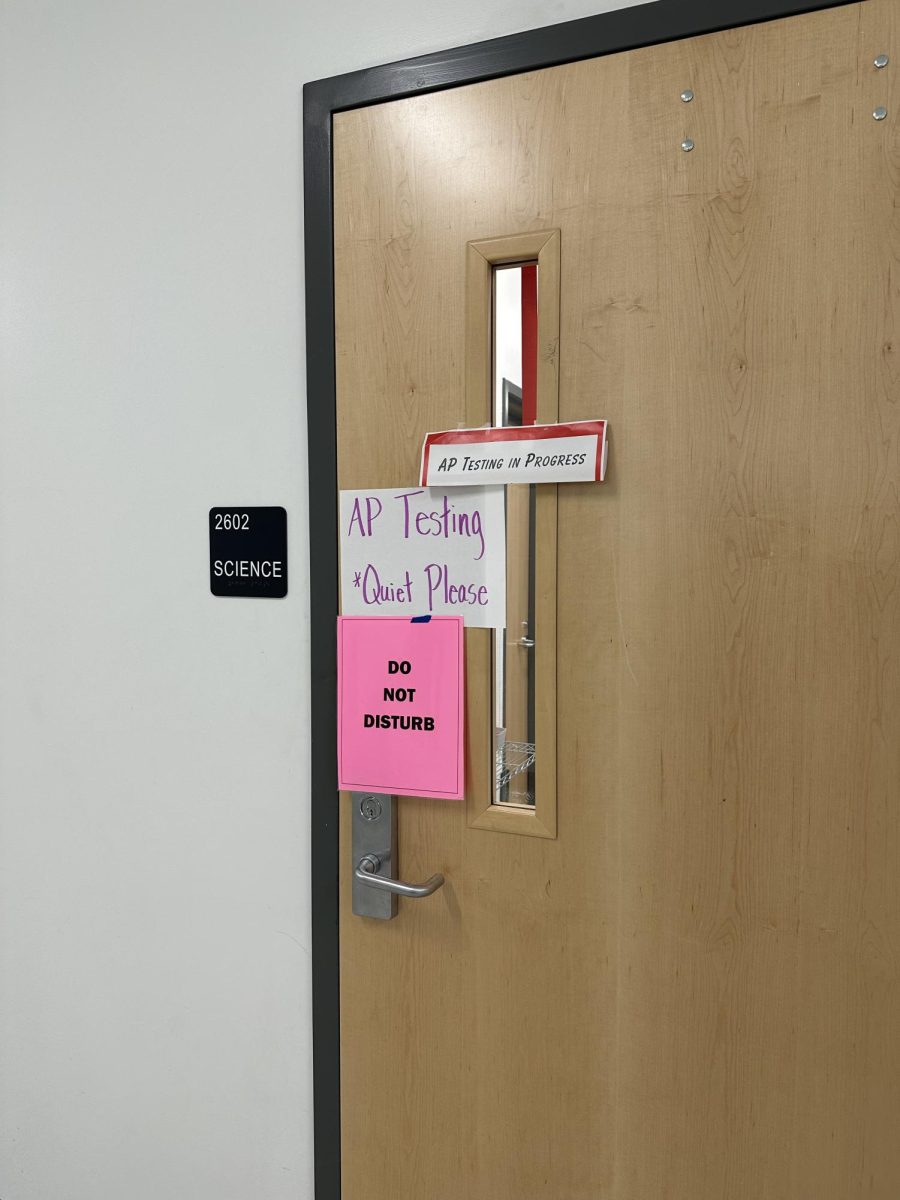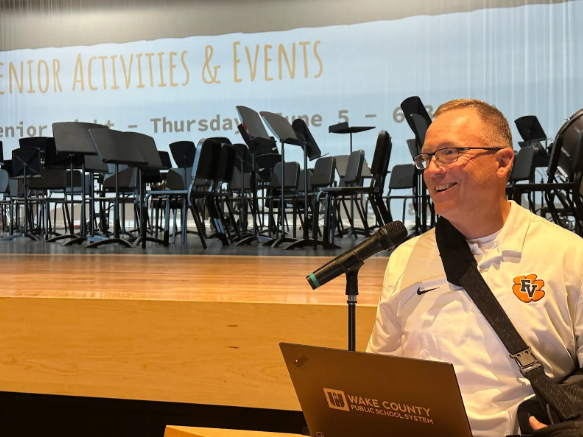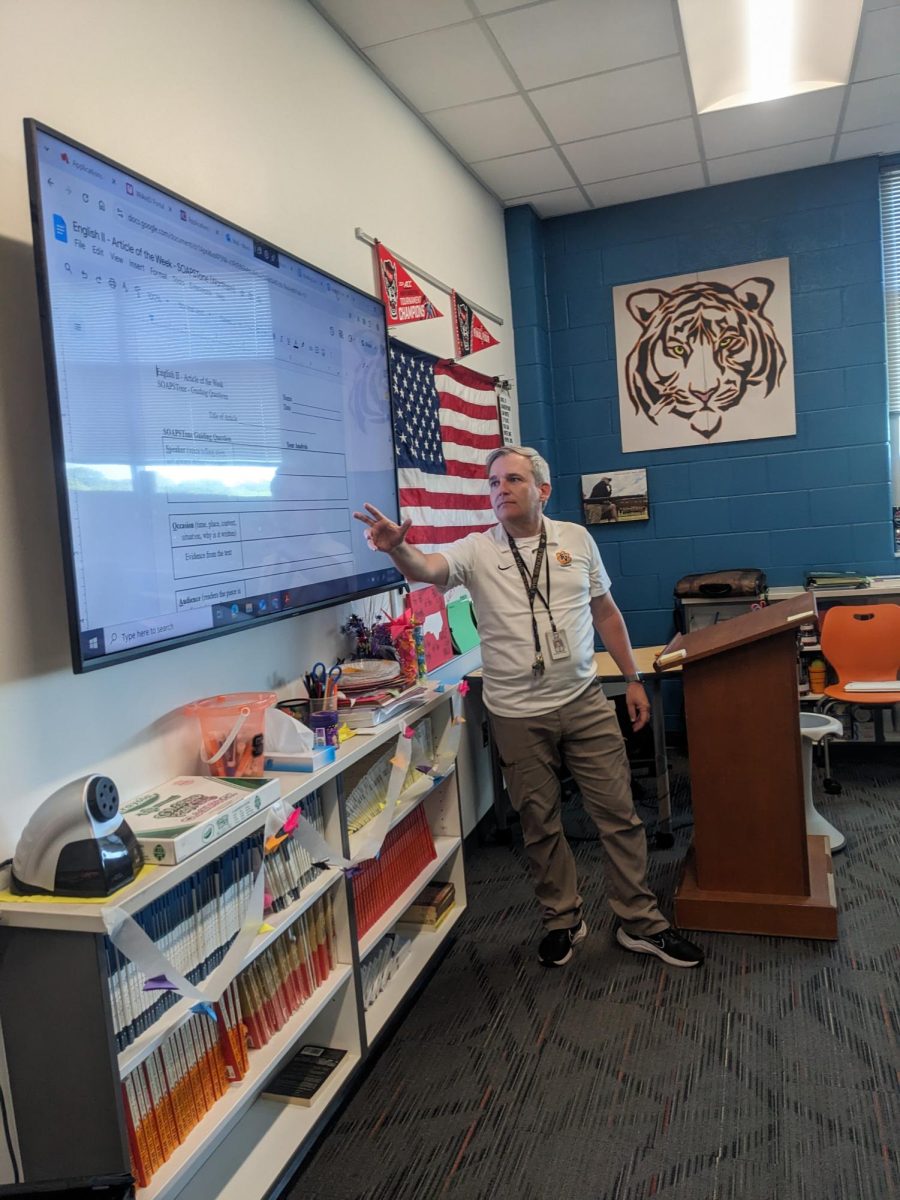In a world where likes, shares, comments and Snapstreaks often seem more valuable than real world conversations, social media is slowly but surely changing both the way we form and destroy relationships.
It’s no secret that social media platforms like Instagram, TikTok and Snapchat have redefined communication. They’ve made it easier to connect with people across the world, keep tabs on distant relatives and stay entertained for hours on end. But behind the scripted posts, filters and edits, lies a darker truth that social media may be doing more harm than good when it comes to our most important connections.
One of the biggest threats social media poses to relationships and mental health is comparison. Scrolling through someone else’s highlight reel can make your own life and relationships feel like they are lacking. Couples post romantic getaways and constant affection. Friends show off group photos and inside jokes. Before you know it, you’re questioning the strength of your own bonds.
“When I see my friends’ boyfriends posting their stories all the time, it makes me feel jealous and sad because my boyfriend doesn’t treat me the same. I know I shouldn’t compare, but it’s hard not to when you see people posting all the time, and he just never does,” said a junior at FVHS.
That kind of comparison can lead to arguments, jealousy and unrealistic expectations, all fueled by platforms that only show the best parts of someone’s life.
Social media has also created a new wave of trust issues. A simple “like” or comment can cause suspicion. Who is that girl he follows? Why does he like all of her pictures? Why is this girl’s boyfriend following and liking my content? It’s easy to spiral when every move is public and permanent.
“I went on a cruise for a week and I came home to all of my friends mad at me because I lost our streaks, even though I let them know ahead of time that I wouldn’t have service,” said an FVHS senior. “It made me upset that they based how they would treat me off if they were left open or delivered even though I had no way of contacting them even though I wanted to.”
Some people even resort to stalking their partners’ accounts, checking who they follow or who’s watching their content. What used to be private insecurities are now public denotes, often escalating through vague comments or passive aggressive posts.
Spending hours on social media can also lead to emotional detachment in real life. It’s not uncommon to see couples or families sitting at the same table, each absorbed in their own screen. Conversations become shorter, attention spans shrink, and face-to-face time loses value.
“All of my friends sat on their phones at my birthday dinner. My dad repeatedly asked everyone to get off of them, but instead, they kept their heads buried. Not only did it disrespect me, but it disrespected my dad. He was going to be paying for all of their dinners, and they didn’t even have the decency to say thank you, or be respectful and put away their phones,” said a sophomore at FVHS.
Our constant connection can ironically make us feel more disconnected than ever.
Of course, social media isn’t all bad. It can be used to uplift, support and stay close with people you care about, if used thoughtfully. Experts suggest setting boundaries, like limiting screen time, or creating “no phone” times during meals and dates. Honest conversations about digital behavior and trust can go a long way too.
At the end of the day, relationships require presence, patience and communication, all things that an app can not replace.
So next time you’re tempted to scroll on your feed for the hundredth time, maybe put your phone down and check in with someone around you instead. A real smile and genuine conversation is worth a lot more than a heart on a post.


